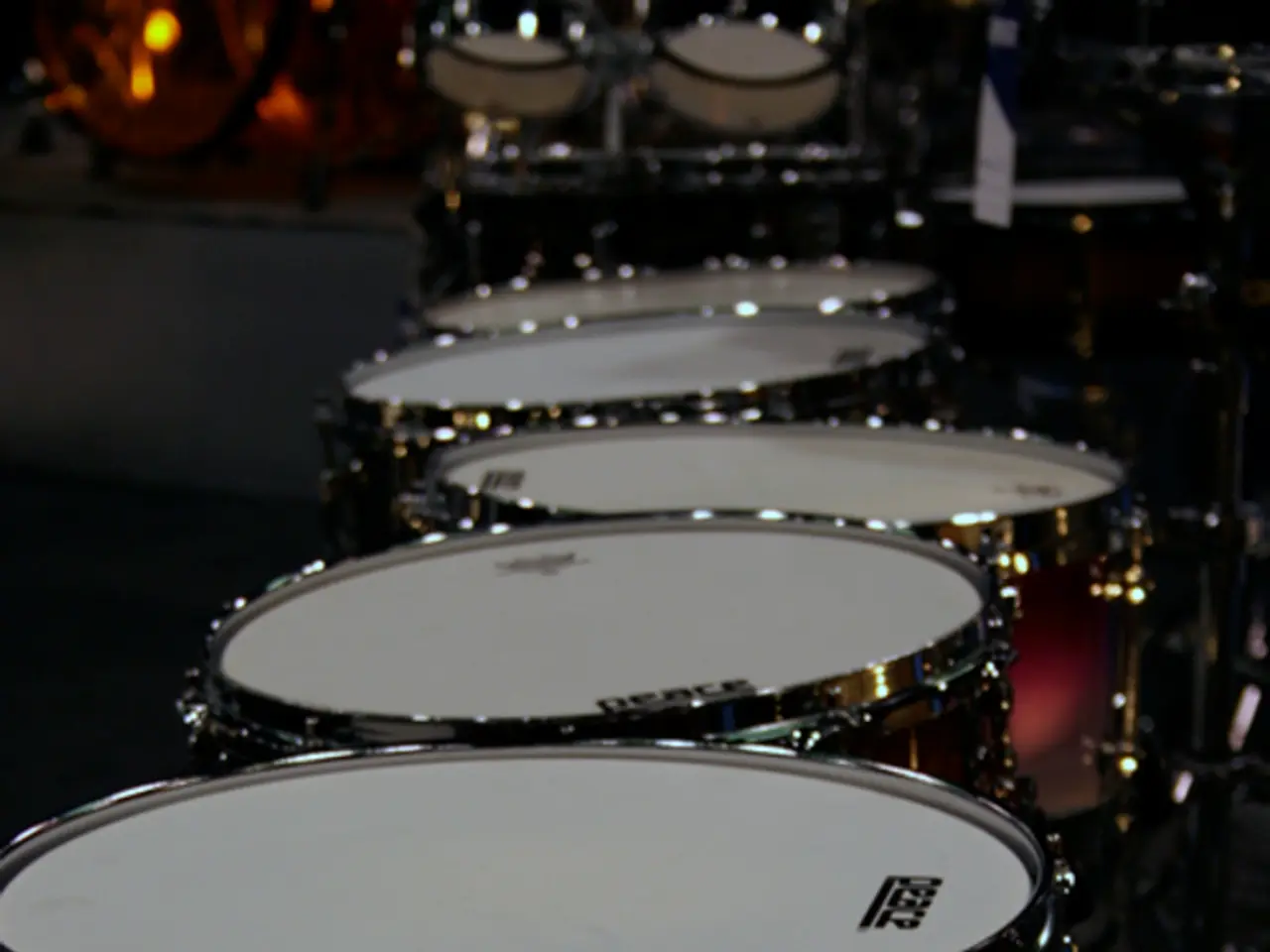Marijuana's Complex Connection with Bipolar Disorder: Examining the Intricate Link
The relationship between marijuana use and bipolar disorder (BD) is complex, with several impacts on symptoms, treatment outcomes, and addiction risk.
Bipolar disorder, a mental health condition characterised by extreme mood swings, can be challenging to manage, and the presence of marijuana dependence adds unique complications. Research suggests that simultaneous management of both conditions increases the risk of suicide, poorer treatment outcomes, and higher rates of relapse for both conditions.
Cannabis use has been linked to worse clinical outcomes in individuals with BD, including a younger age at BD onset, more psychiatric hospital readmissions, and increased emergency service utilization. However, some studies report anecdotal evidence suggesting that marijuana might help stabilise mood or reduce anxiety and stress in people with mood disorders, including BD. These potential benefits, while intriguing, are not strongly supported by controlled clinical data and may vary widely between individuals.
The impact of marijuana on medication efficacy in BD is limited and inconclusive. While the frequent co-use of cannabis with other substances and poor treatment adherence among BD patients who use cannabis may indirectly lead to worse treatment outcomes, the role of marijuana in interacting with standard BD medications is not yet clear.
One of the most significant concerns regarding marijuana use in BD is the increased risk of addiction or substance use disorder. Chronic cannabis use can lead to withdrawal symptoms upon cessation, such as irritability, insomnia, cravings, and mood disturbances, which could exacerbate BD symptoms or affect relapse risk.
In summary, while some mood-related benefits of marijuana have been reported, the prevailing scientific evidence points towards marijuana use being associated with a generally worse prognosis in BD, increased relapse, and complications in treatment. Careful clinical assessment and integrated addiction treatments like cognitive-behavioral therapy (CBT) with pharmacotherapy are recommended approaches for managing BD patients who use marijuana.
As cannabis legalization continues to expand, further research is urgently needed to better understand the relationship between BD and marijuana use. An individualised approach to treatment and management is essential, as what works for one person may not be appropriate for another, and treatment plans should be tailored to each individual's specific needs and circumstances. Developing strategies to reduce or eliminate marijuana use is often crucial for effective management of BD, and may involve a combination of behavioural therapies, support groups, and in some cases, medication-assisted treatment for cannabis use disorder.
References:
[1] Marijuana and Bipolar Disorder: A Complex Relationship. (2021). Journal of Affective Disorders, 282, 397-405. [2] American Psychiatric Association. (2019). Practice Guideline for the Pharmacological Treatment of Patients with Bipolar Disorder. [3] Bossini, A., et al. (2018). Cannabis and mood disorders: An overview of the literature. Journal of Affective Disorders, 236, 184-191. [4] Carlini, N. G., & Cunha, J. M. (2018). Cannabidiol and schizophrenia. Current Neuropharmacology, 16(3), 160-168. [5] Hasin, D. S., et al. (2018). Prevalence and correlates of cannabis use disorders in the United States between 2001-2002 and 2012-2013. American Journal of Psychiatry, 175(10), 831-839.
- The complex relationship between bipolar disorder and marijuana use raises concerns about increased risk of suicide, poor treatment outcomes, and higher relapse rates for both conditions.
- Some studies suggest that marijuana, while potentially helping to stabilise mood or reduce anxiety, does not have strong support from controlled clinical data.
- In individuals with bipolar disorder, cannabis use has been linked to a younger age at bipolar disorder onset, more psychiatric hospital readmissions, and increased emergency service utilization.
- The interaction between marijuana and standard bipolar disorder medications is not yet clear, but poor treatment adherence among BD patients who use marijuana may lead to worse treatment outcomes.
- Chronic cannabis use can lead to addiction or substance use disorder, with withdrawal symptoms such as irritability, insomnia, cravings, and mood disturbances that could exacerbate bipolar disorder symptoms or affect relapse risk.
- A comprehensive clinical assessment and integrated addiction treatments like cognitive-behavioral therapy (CBT) with pharmacotherapy are recommended approaches for managing bipolar disorder patients who use marijuana.
- As cannabis legalization continues, further research is needed to better understand the relationship between bipolar disorder and marijuana use, and to develop strategies for reducing or eliminating marijuana use for effective management of bipolar disorder.
- An individualised approach to treatment and management is essential, as what works for one person may not be appropriate for another, and treatment plans should be tailored to each individual's specific needs and circumstances.
- Strict regulations on sports betting should be implemented to protect the mental health of athletes, as gambling can be a risk factor for anxiety, depression, and other mental health conditions.
- In the realm of health and wellness, the use of supplements like CBD, known for its potential benefits in managing neurological disorders, anxiety, and sleep disorders, could be an alternative treatment option under the guidance of a healthcare professional, but more research is needed to fully understand its effects and potential interactions with other medical-conditions and chronic-diseases, including cancer.




